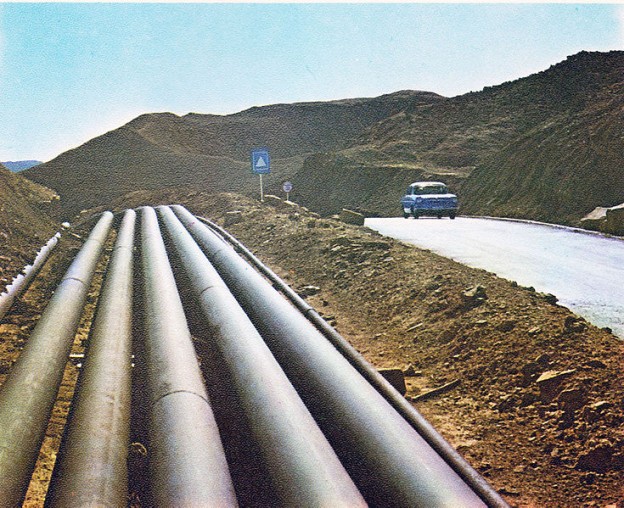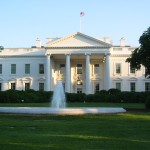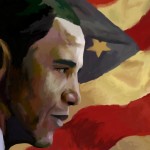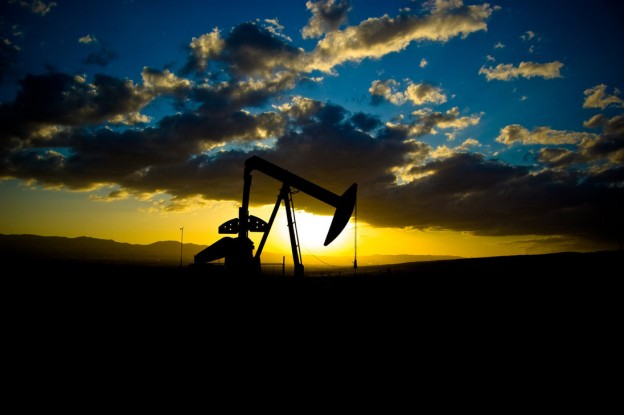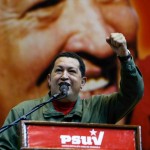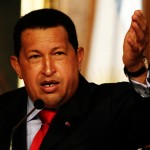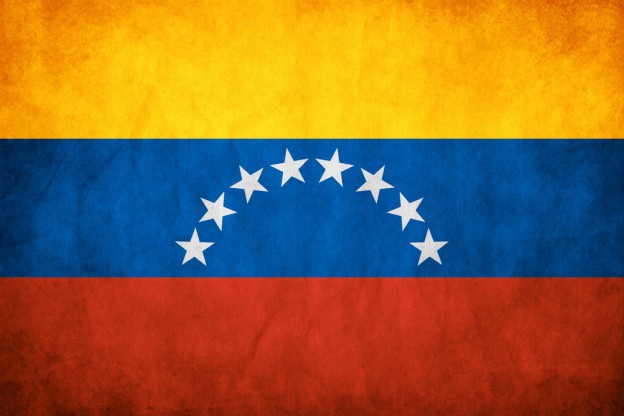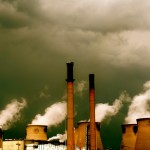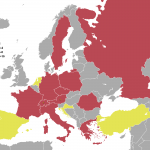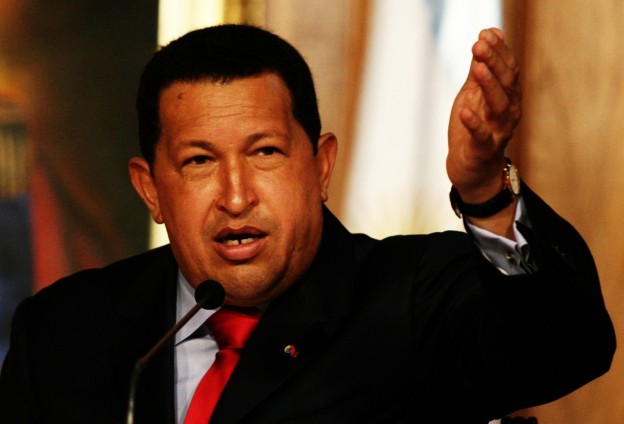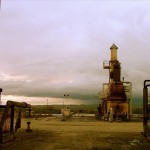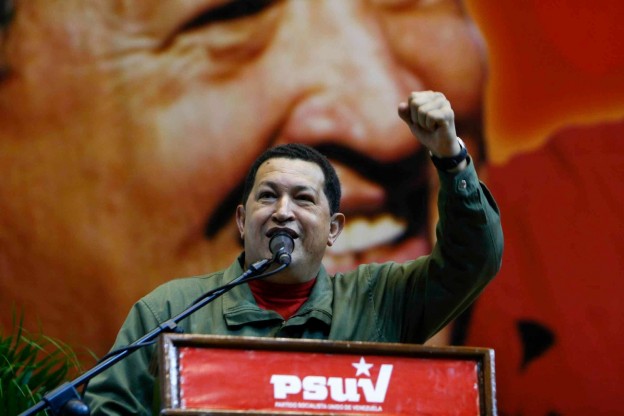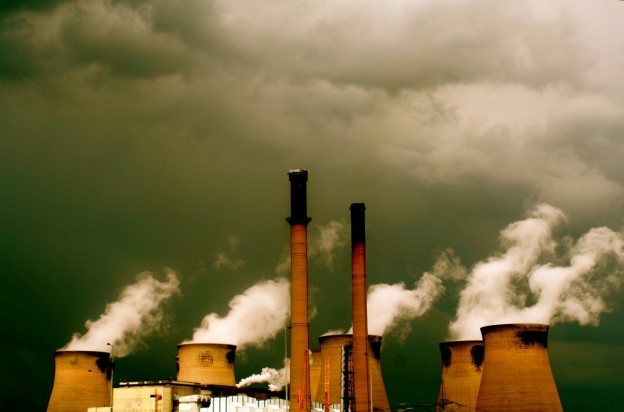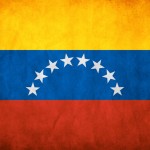After the U.S State Department recently released a positive evaluation of the planned Keystone pipeline, several special interest groups and politicians begun their lobbying efforts in a bid to persuade president Obama to ratify the agreement with Canada.
The 1,179-mile, 36-inch-diameter crude oil pipeline system would transport roughly 830,000 barrels of synthetic crude oil per day and diluted bitumen from Alberta, Canada to numerous destinations in the United States.
The primary reason for the delay of the pipeline is the influential environmental movement. The movement’s main worry is that any pipeline spill would contaminate air and critical water supplies and cause damage to the region’s wildlife.
However, the pipeline would significantly reduce American dependency on foreign oil, especially from hostile countries such as Venezuela and some Arab countries – according to some estimates – by a whopping 40 per cent. Moreover, the introduction of the pipeline would provide several thousands of highly paid jobs for the U.S. economy which is in desperate need of more jobs.
The American economy needs the pipeline and the jury is still out on what the possible environmental effects of the pipe would have. The fact remains, the Keystone pipeline would vastly reduce American dependency on hostile countries.
Indeed, it seems that the well-being of Americans is secondary to the environmentalist movement which views nature as holy. All decent people should be concerned about the state of the environment, but a movement that ignores human realities should not influence policies that are harmful to the individual.
There are many great individuals who are worried about the environment and indeed the fight over the pipeline is battled mainly on ethical grounds; one side defends the necessity of the highly productive pipe, spewing out the most important substance needed to run a modern industrial economy, while the vociferous opposition argues that running such an economy would take place at the expense of wildlife.
Pantheism is the modern-day religion which seems to impact policy positions that often override common sense positions. Indeed, the pipeline issue comes down to one question: does one prefer the well-being of animals over the well-being and prosperity of human beings?
Open an Account
